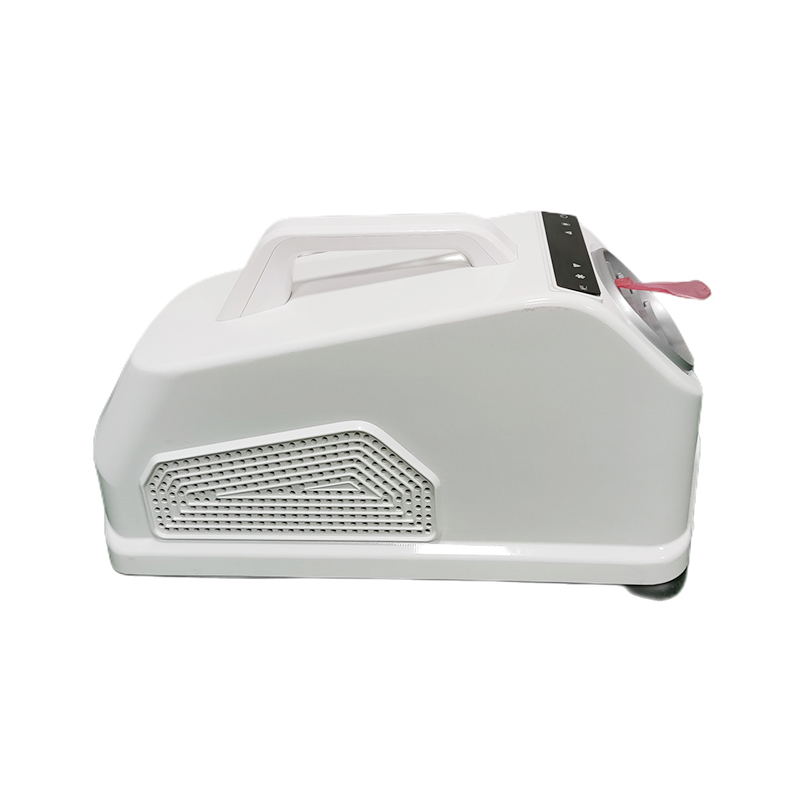Regular cleaning of a camping car air conditioner is essential for maintaining performance, air quality, and energy efficiency. Given that these systems often operate in dusty or outdoor environments, they can accumulate dirt, pollen, and moisture faster than residential units. A consistent cleaning routine helps prevent long-term damage and ensures a healthier camping experience.

Start by turning off the power supply to the air conditioner. This ensures safety while handling internal components. Remove and clean the air filters every two to four weeks, especially during periods of heavy use. Many filters are washable and can be rinsed with warm water and mild detergent. After cleaning, allow the filters to dry completely before reinstalling.
Next, inspect the evaporator and condenser coils. Over time, these can collect dust and grime, which reduces heat exchange efficiency. Use a soft brush or compressed air to gently remove buildup. For deeper cleaning, a coil cleaner spray that's safe for aluminum fins may be used.
Check the drain pan and drain lines for signs of clogging or mold. A blocked drain line can cause water leakage inside the camper. Flushing the drain line with a mixture of water and vinegar helps prevent mildew and keeps the drainage system clear.
Lastly, wipe down the vents and plastic housing with a damp cloth to remove surface dust. This simple step improves airflow and keeps the system visually clean.
By incorporating these cleaning practices every few months, you can prolong the life of your camping car air conditioner, maintain good air quality inside the vehicle, and avoid costly repairs caused by neglect or contamination.
The compressor is the heart of a 24V tent camper air conditioner. It plays a key role in cooling performance by circulating refrigerant and regulating temperature within the unit. For campers relying on battery or solar power, the 24V compressor is especially valued for its energy efficiency and lower current draw compared to traditional 110V or 220V systems.
Many 24V tent camper air conditioners use rotary or scroll-type compressors due to their compact size and quiet operation. These types are ideal for confined spaces where vibration and noise can be disruptive. Rotary compressors, in particular, are known for their simplicity and reliability, making them suitable for mobile use.
The compressor operates by compressing refrigerant gas into a high-pressure, high-temperature state. This gas then flows through the condenser coil, where it releases heat and turns into a liquid. Afterward, the liquid refrigerant passes through an expansion valve into the evaporator coil, absorbing heat from the cabin air and lowering the indoor temperature. The refrigerant then cycles back to the compressor to repeat the process.
Modern 24V compressors are often DC-powered and designed to work with lithium or deep-cycle batteries. Some advanced models are variable-speed, which allows them to adjust cooling output based on demand. This not only saves energy but also reduces wear on the compressor, extending its service life.
When selecting a 24V compressor-based air conditioner for your tent camper, consider factors such as cooling capacity (BTU rating), power consumption, noise level, and compatibility with your existing electrical system. Proper ventilation and installation are also essential for compressor efficiency.
Understanding how the compressor functions allows users to better manage system performance and troubleshoot issues, ensuring a more comfortable and reliable camping experience.